Volvo's futuristic 360c concept ‘car’ is at once a hot-desk, hotel room and flight cabin
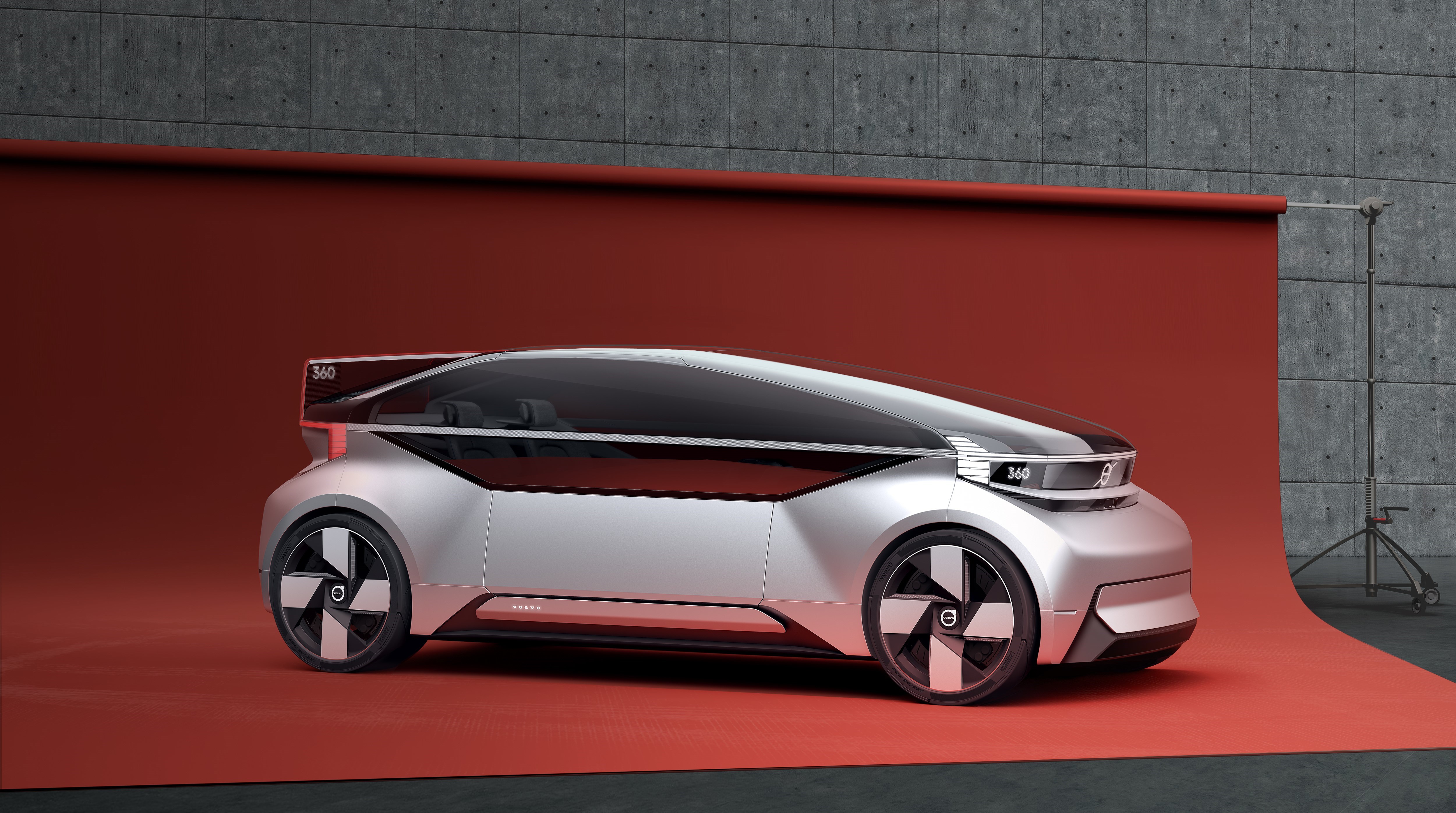
‘The future is not something that just happens – it is something you create,’ offers Marten Levenstam. ‘It is about the freedom to move in sustainable ways. It is about finding different modes of movement for different people’. Volvo Cars' senior vice president for product strategy talks passionately about the future. The Volvo 360c concept car we are about to see represents a grand vision. It is at once a self-driving office offering hot-desking on the move, as well as a social hub with food and champagne, relaxing imagery and moody music. Or it can be a tranquil bedroom-on-wheels – upper-class air travel on land.
This latest research vehicle represents the final stage of autonomous cars when we begin moving around in zero-emission driverless connected vehicles, and as Volvo sees it, in complete safety. This is the carmaker who in 1959 invented the three-point seat belt and the marque remains human-centric (or person-centric) in its approach to product development and design.
The 360c is fundamentally about researching the safety solutions that'll be required when our cars no longer have a human pilot, or when they (the cars) need to speak to one another and to pedestrians. Volvo safety engineers are looking into new forms of seat belts for when we no longer are obliged to sit in stillness in rows of two or three looking at the road ahead, for when we have the freedom to move around our vehicles, sit in multiple ways, dance, recline and sleep.
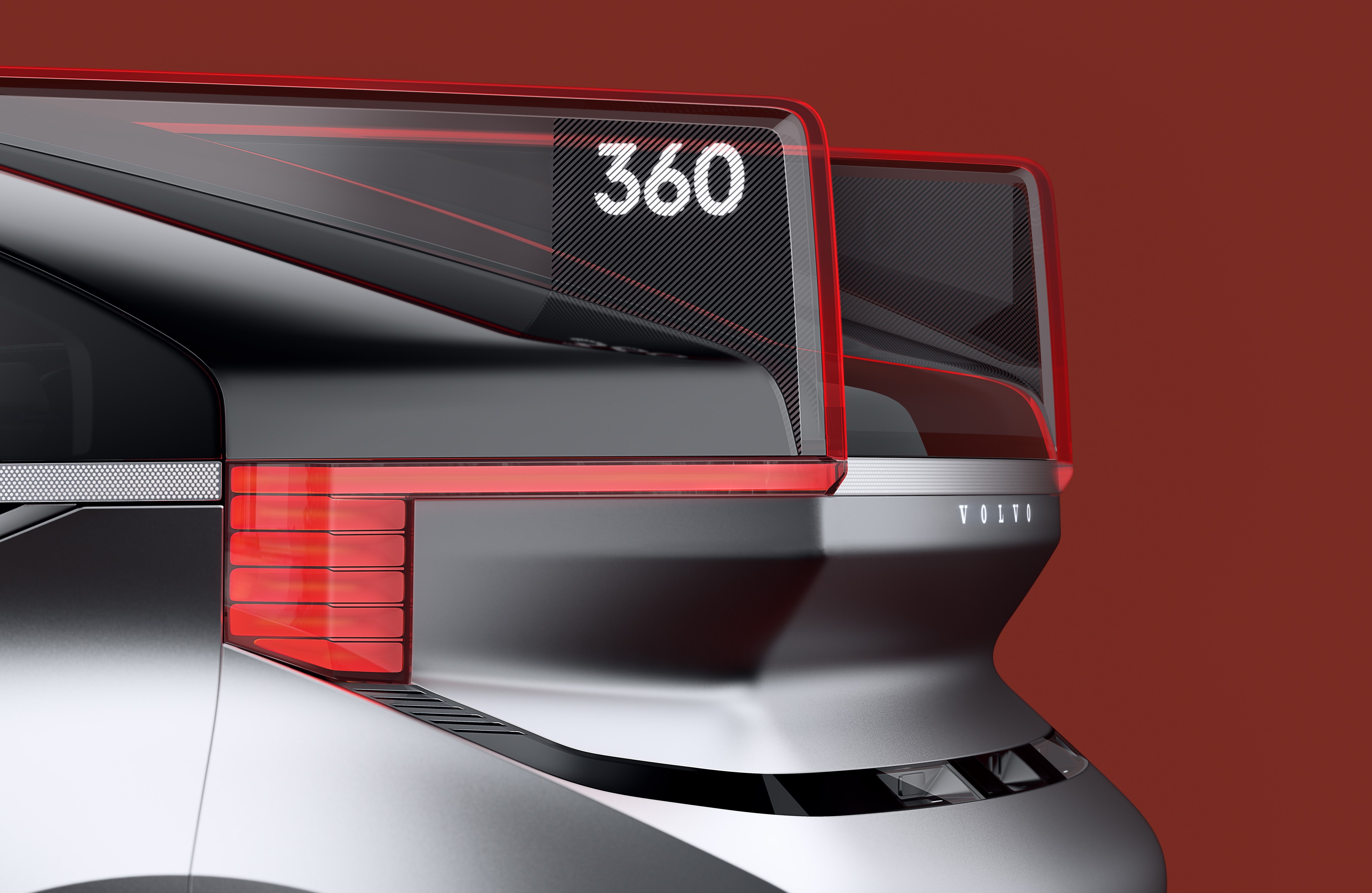
The ideas presented today are not necessarily pioneering – BMW and Audi have been at the forefront of setting the initial scene for the autonomous future. What makes 360c especially exciting is how Volvo is using the concept as a channel for dialogue with other car companies, policy makers and governments to help find real answers, safety solutions, and a universal language for autonomous driving communication.
Perhaps most intriguingly, the 360c has its gaze on airlines, for Volvo believes there is a viable business plan that could disrupt short distance air travel. In scenario three, the 360c operates as a single-person autonomous vehicle that can pick you up from your home, offer you food and drink that has been pre-ordered on your app, lets you recline and relax, watch a movie, sleep, wash up in the morning and be at your final destination with little of the stress of air travel. The company sees its idea, what it calls ‘road planes’, as something it could potentially sell or lease out to airlines. Experiencing the journey, albeit in virtual reality, suggests an interesting alternative to premium travel for distances that can be covered overnight.
In terms of design, the 360c does not attempt to be extraordinary. Instead the Gothenburg team led by Robin Page have focused on what happens inside this architectural bubble encased in a sweeping glass dome. That is not to say it doesn’t look fresh and futuristic. Page feels the design doesn’t sway too far from Volvo’s mainstream cars as it retains that Scandinavian cleanliness. His approach here though was more akin to product design. ‘The four-spec wheel design, typically difficult to do, works with the architectural feel of this car,' he says.
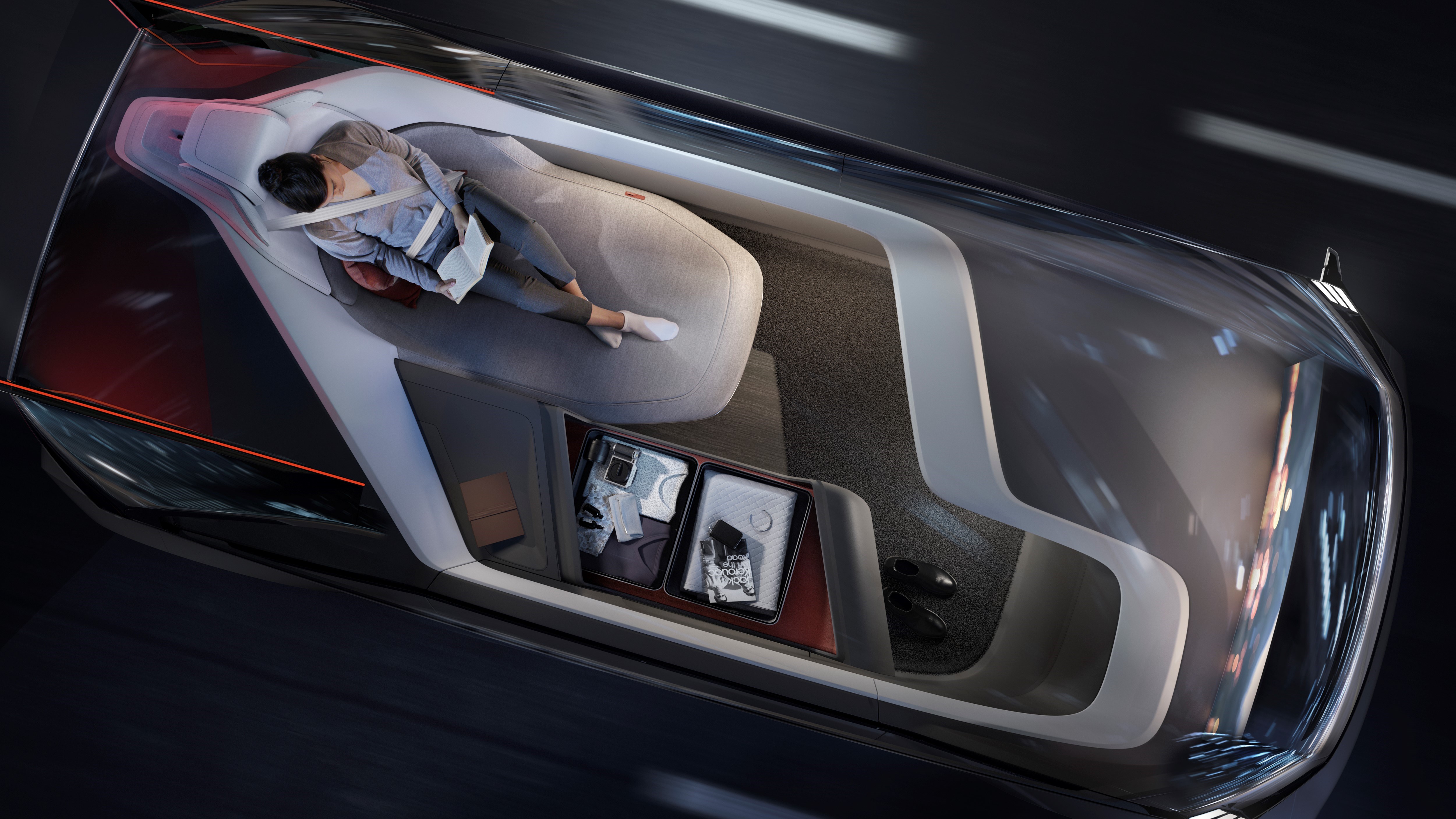
The cabin is equally devoid of drama. The space has been left clean and clear, the colour codes neutral, for the three scenarios to unfold. Page explains how his team went for natural materials, mainly linen and wool mixes for the upholstery to conjure up the feeling of a living room, office and bedroom. There is also a fair degree of sustainable and recycled materials utilised here including float wood sourced from a nearby lake, treated to automotive standards and placed on the floor area. A special safety blanket has been envisaged to cocoon the passenger inside the sleeper hub. Still in development stage, it is likely to include restraining systems that sense the shape and size of the body to work in similar ways to the current three-point safety belt but with more flexibility.
Communication is also a key area in this concept. A dedicated team has been studying kinemics – body language codes, or how humans around the world interact with other road users. These are then mimicked through light, sound and motion which are transmitted through an LED belt that wraps around the car. Volvo feels there needs to be a universal standard for autonomous communication that is easily followed by all road users in all societies and adopted by all car companies.
Elsewhere, Volvo is exploring the idea of ‘disappearing technology', keeping all the complex ‘techie' parts tucked away out of sight. The message here is that Volvo will continue to be a human-centric marque; sister brand Polestar will make cars for those who are excited by extreme technology.
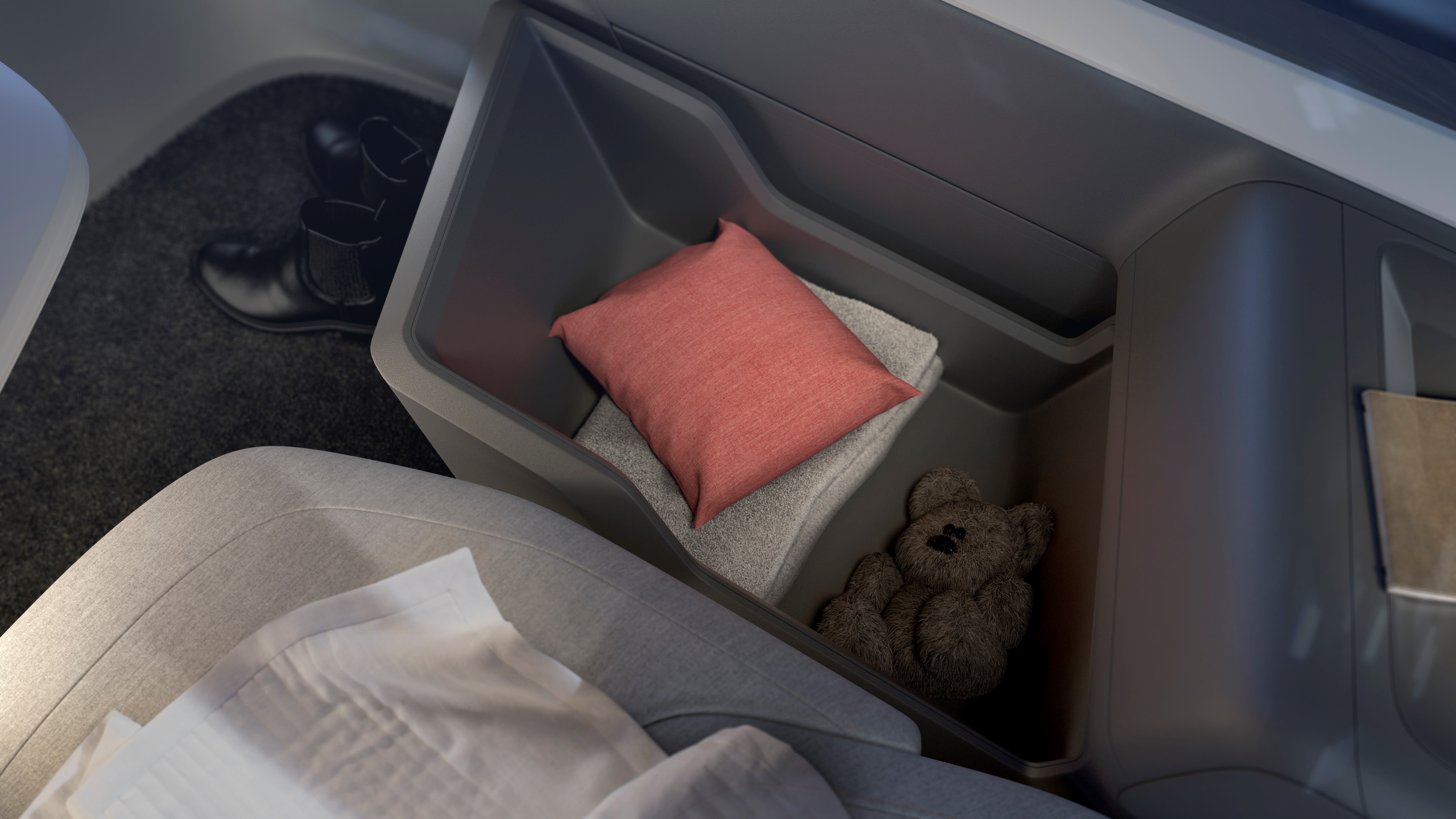
The 360c opens up a broad discussion about the potential for autonomous driving technology to fundamentally change society. ‘The idea is you select what you need on an app and a clean and personalised vehicle arrives at your door, picks you up, drops you off and then disappears,’ explains Page. ‘The office may be the only one you would want to have ownership of; the others will be more like a hotel room where you hand over your keys at the end of the day.’ This is luxury, according to Volvo.
This image of mobility in the next five to ten years is at once innovative and utopian. The marque is working on some more egalitarian concepts, following on from its venture with Uber. Levenstam says he is disappointed with the negative dialogue around future transport. ‘We already have autonomous drive, artificial intelligence and the general infrastructure to do this,’ he explains. ‘Fully autonomous drive has the potential to fundamentally change our society in many ways. It is about the freedom to move. It will have a profound impact on how people travel, how we design our cities and how we use infrastructure. But we are just one of many stakeholders, so we expect and invite a broad discussion as society learns how to make the most of this revolutionary technology. We see the 360c as a conversation starter, with more ideas and answers to come as we learn more.’
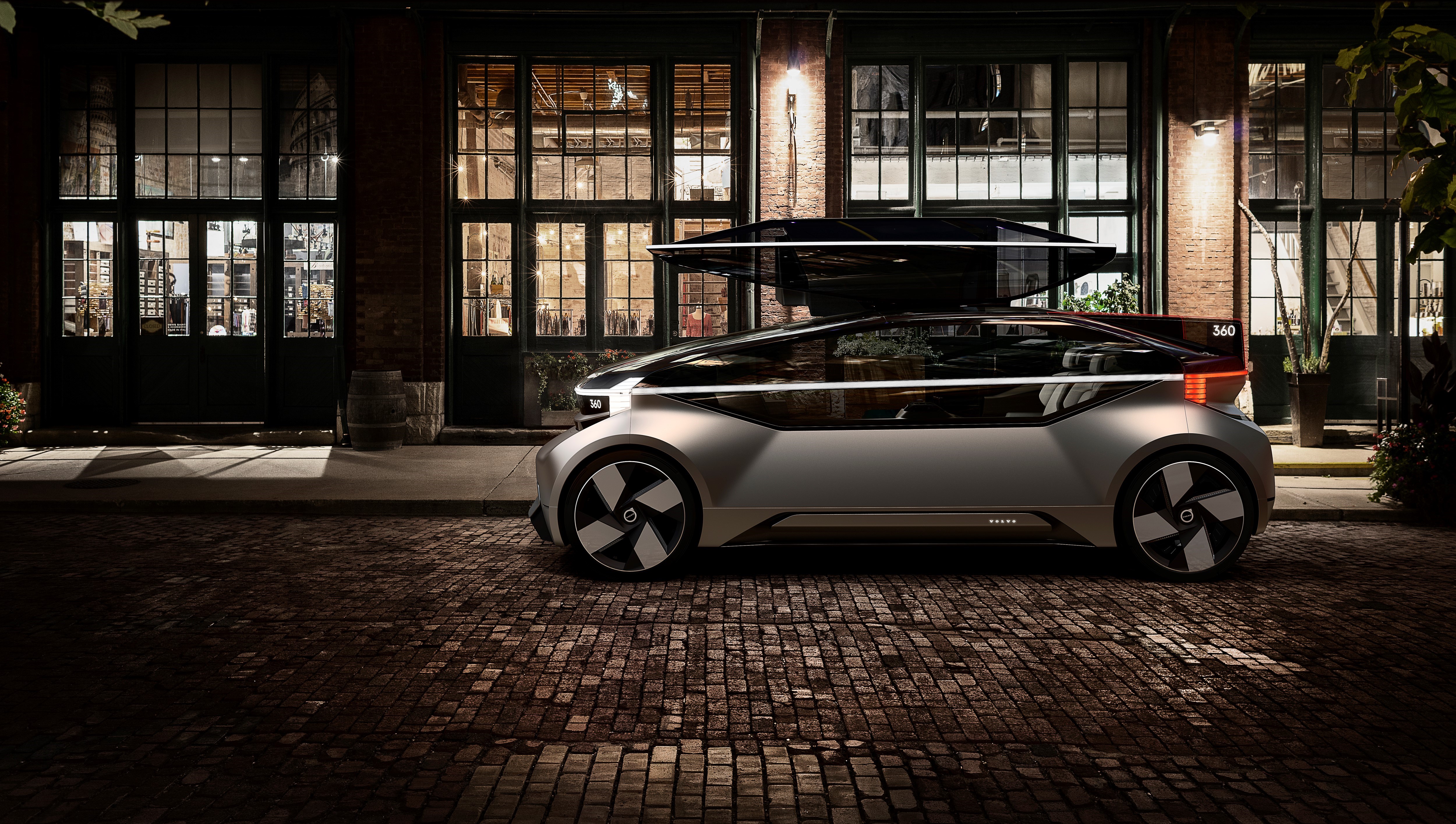
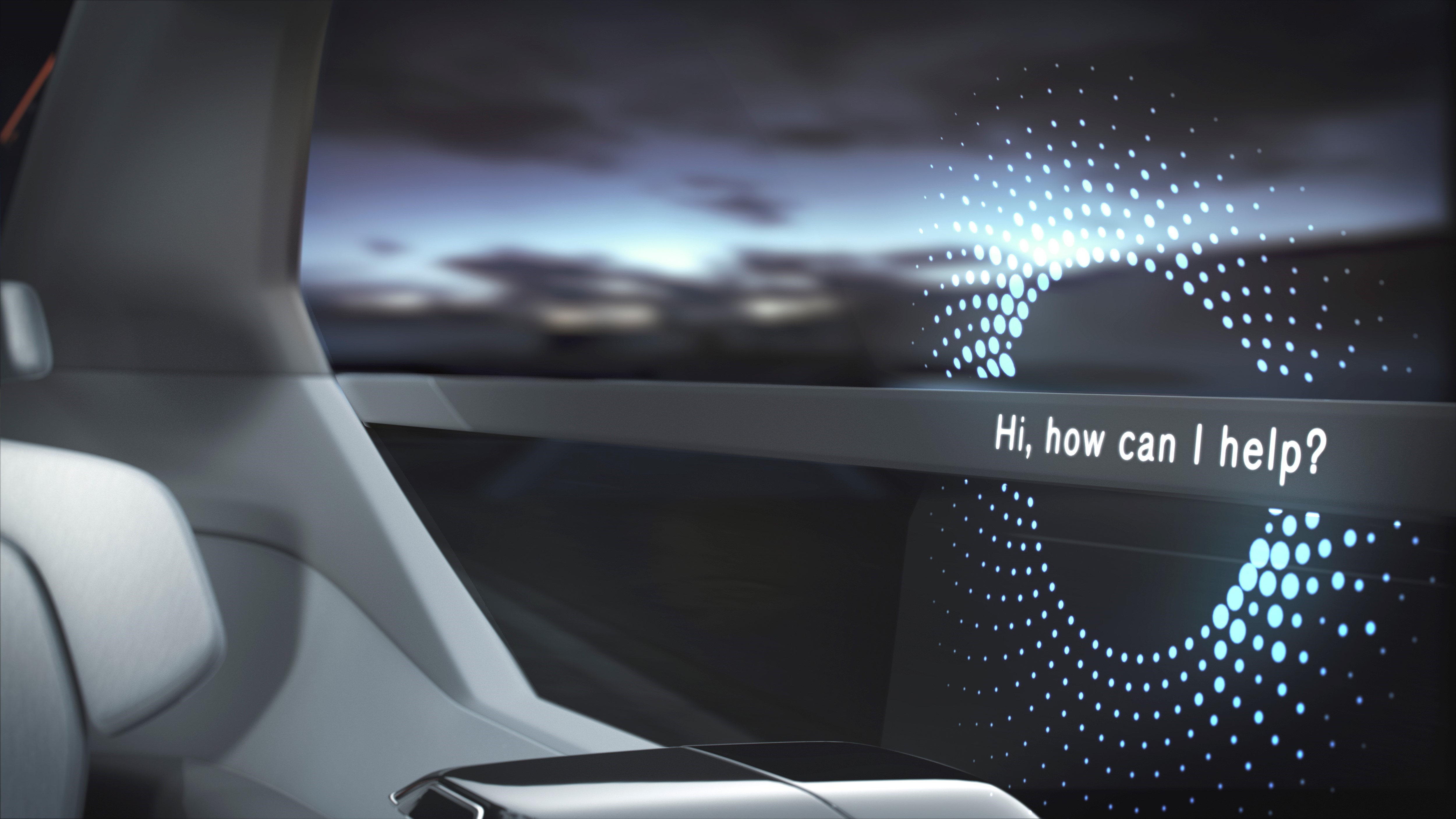
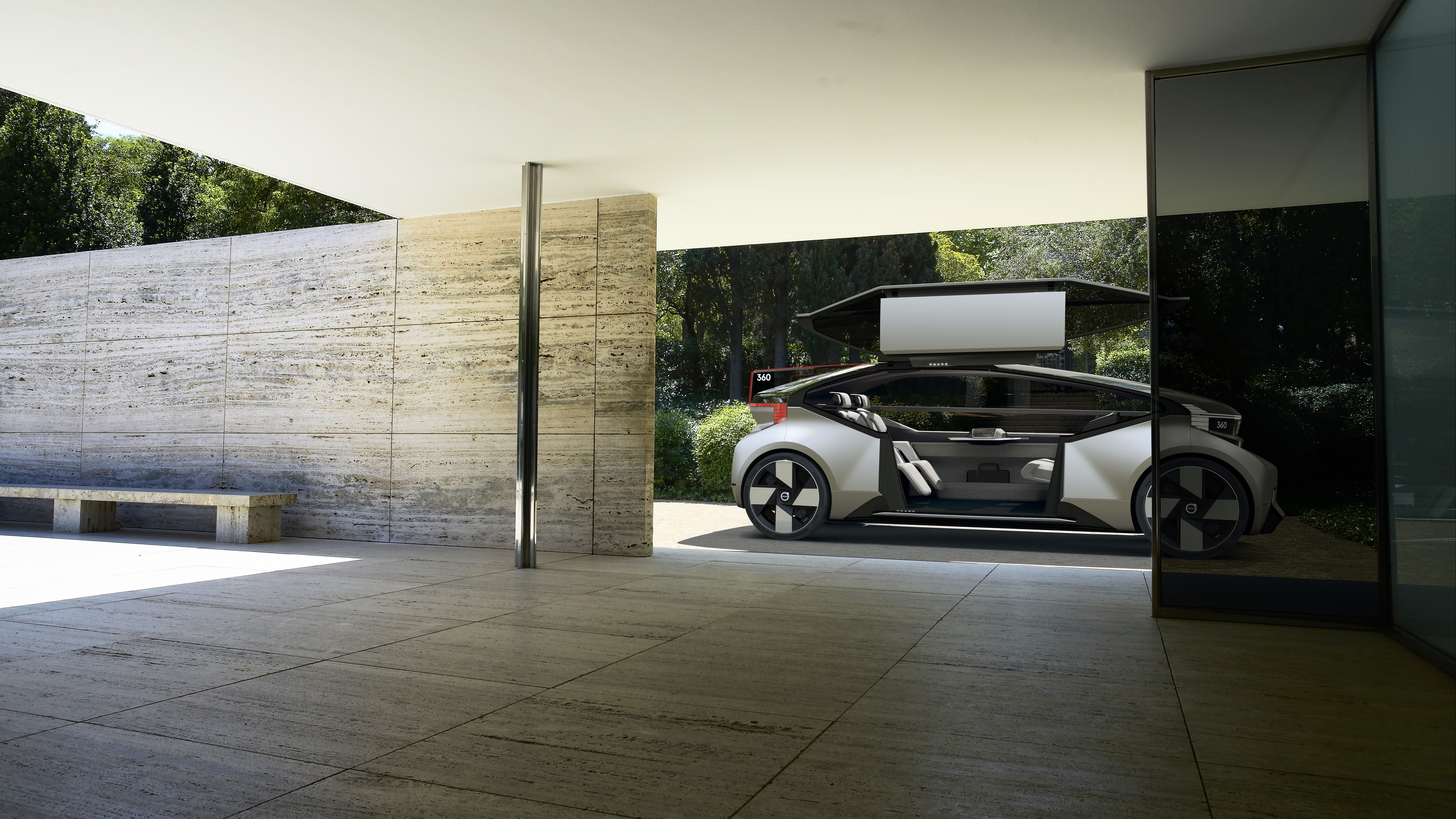
INFORMATION
For more information, visit the Volvo website
Receive our daily digest of inspiration, escapism and design stories from around the world direct to your inbox.
A writer and editor based in London, Nargess contributes to various international publications on all aspects of culture. She is editorial director on Voices, a US publication on wine, and has authored a few lifestyle books, including The Life Negroni.
-
 The Bombardier Global 8000 flies faster and higher to make the most of your time in the air
The Bombardier Global 8000 flies faster and higher to make the most of your time in the airA wellness machine with wings: Bombardier’s new Global 8000 isn’t quite a spa in the sky, but the Canadian manufacturer reckons its flagship business jet will give your health a boost
-
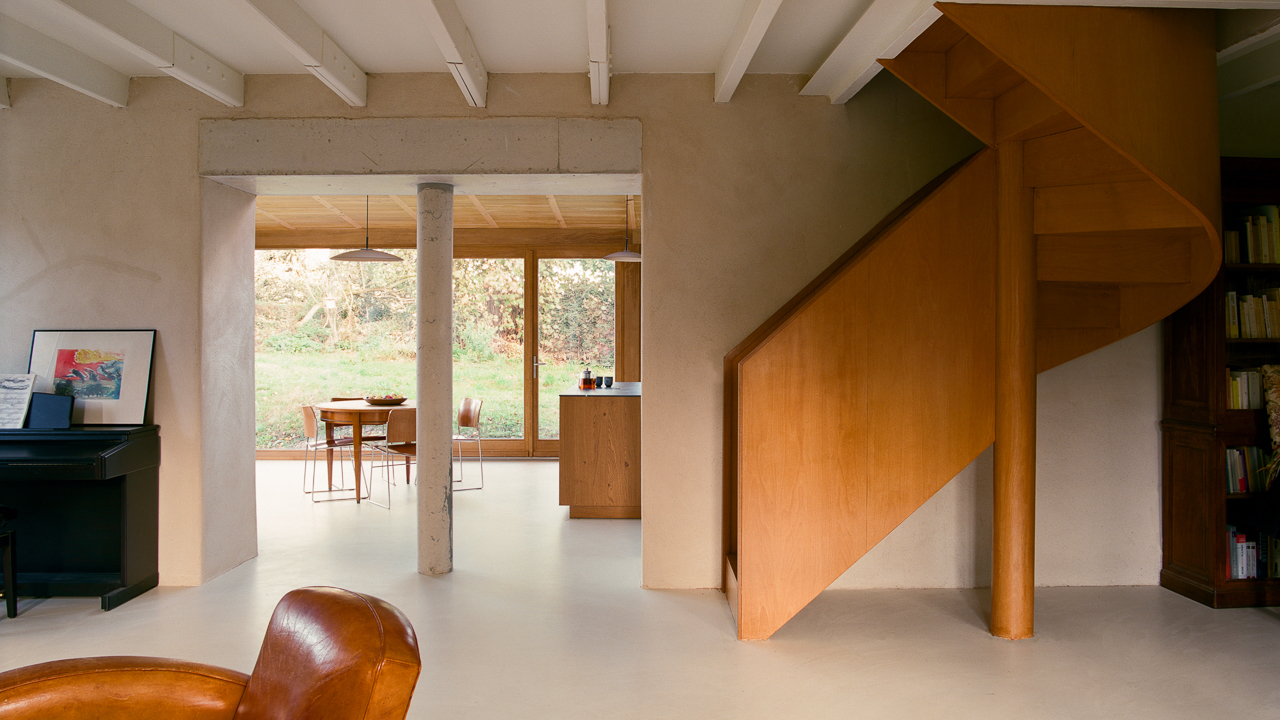 A former fisherman’s cottage in Brittany is transformed by a new timber extension
A former fisherman’s cottage in Brittany is transformed by a new timber extensionParis-based architects A-platz have woven new elements into the stone fabric of this traditional Breton cottage
-
 New York's members-only boom shows no sign of stopping – and it's about to get even more niche
New York's members-only boom shows no sign of stopping – and it's about to get even more nicheFrom bathing clubs to listening bars, gatekeeping is back in a big way. Here's what's driving the wave of exclusivity
-
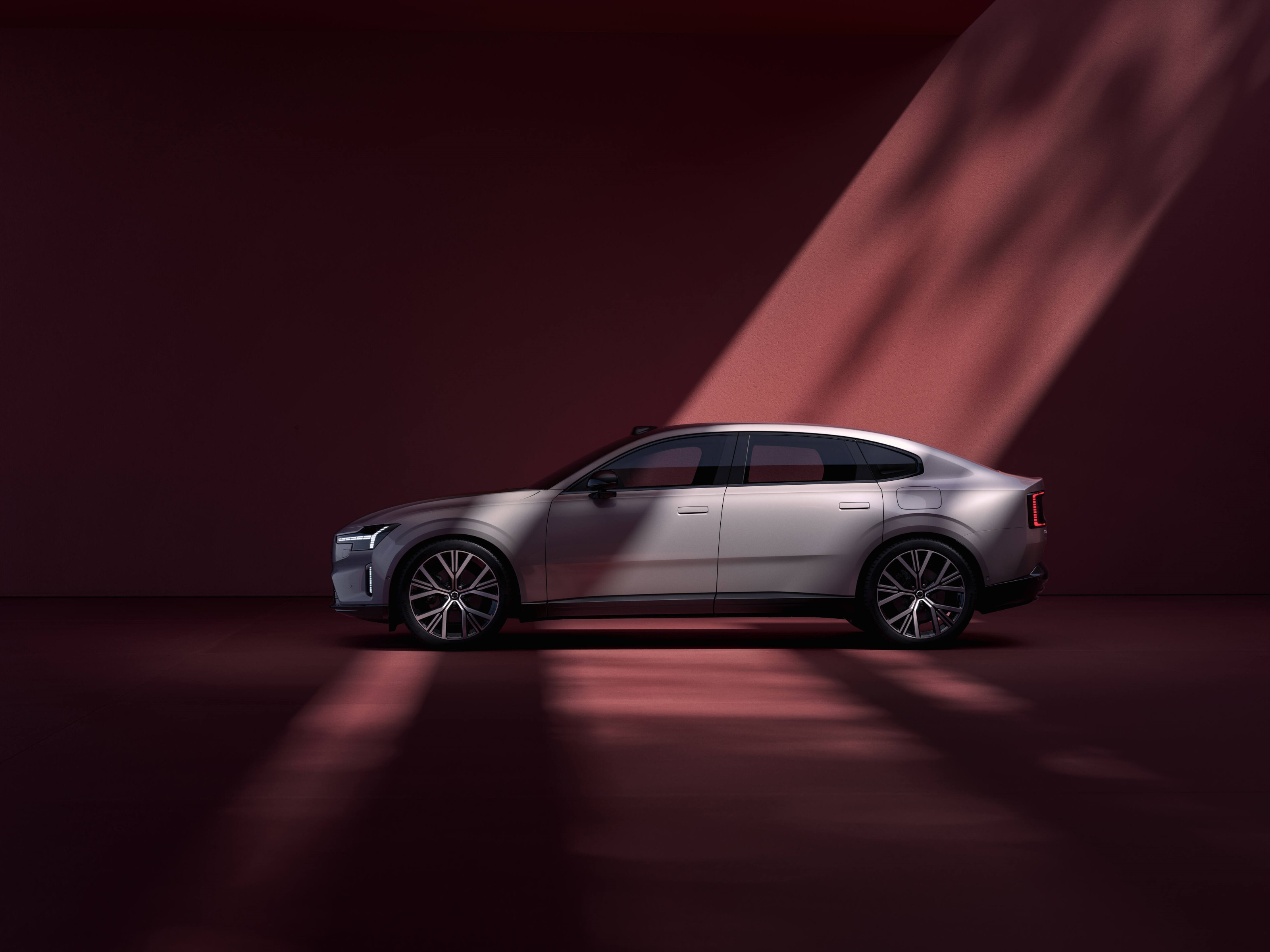 Volvo ES90 brings calm, quiet Scandi sophistication to the electric saloon car market
Volvo ES90 brings calm, quiet Scandi sophistication to the electric saloon car marketThe new Volvo ES90 is one of the few contemporary automobiles that could truly be described as quintessentially modernist. We take it for a ride
-
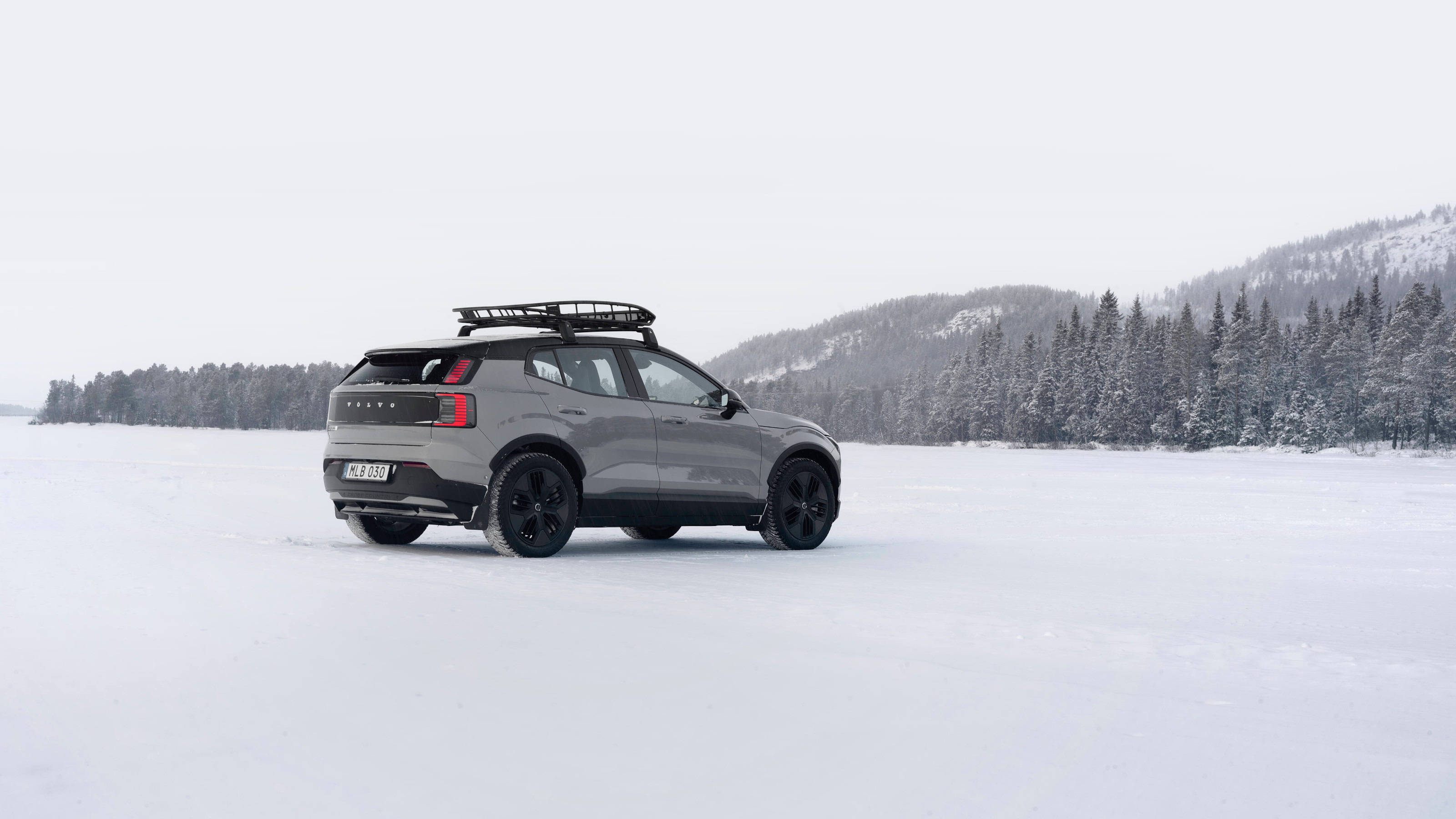 We review the Volvo EX30 Cross Country, a pocket off-roader EV with charm and ability
We review the Volvo EX30 Cross Country, a pocket off-roader EV with charm and abilityVolvo introduces the first Cross Country model of the electric age, an EX30 that’s been toughened up inside and out
-
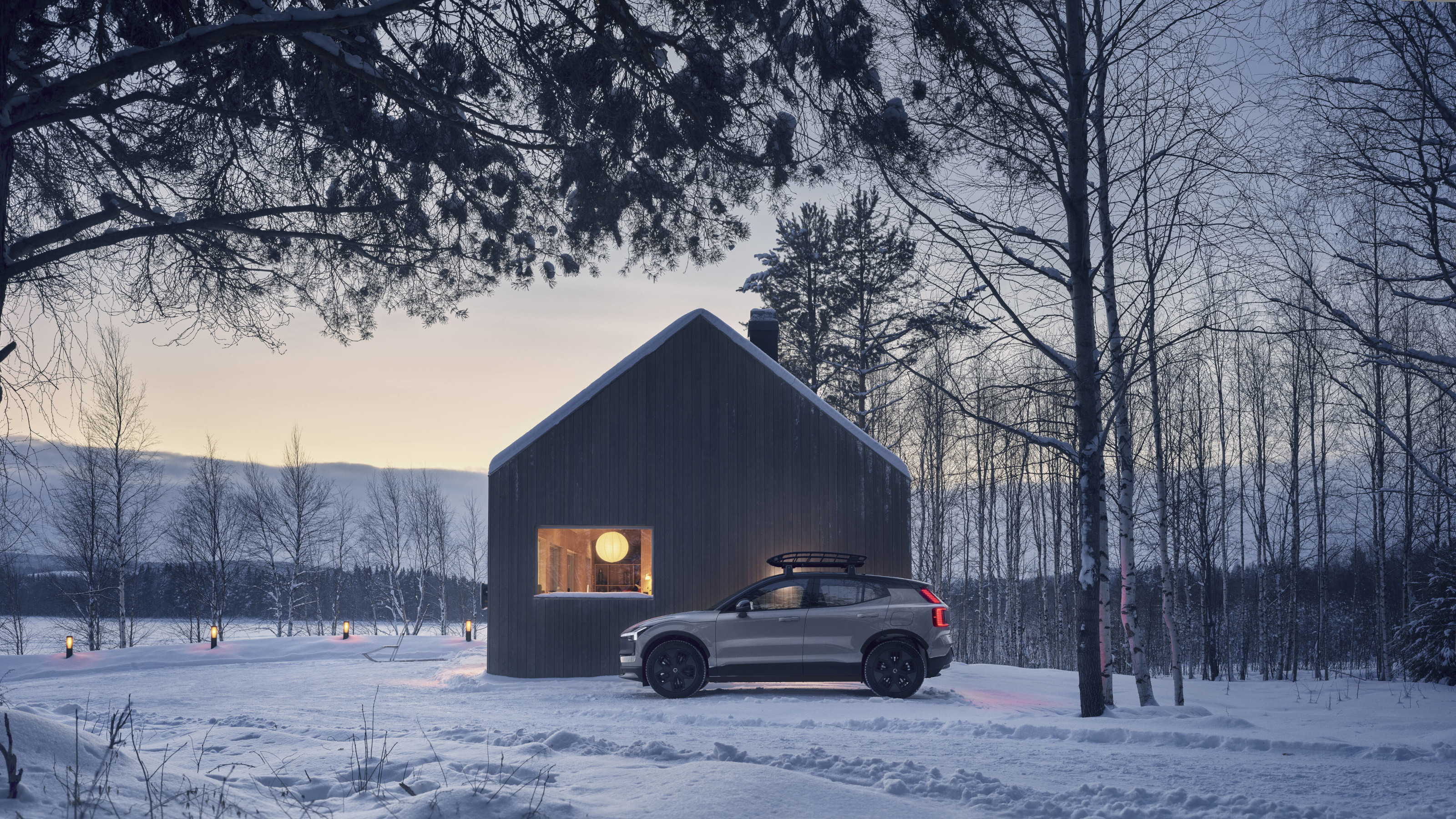 Volvo takes to the snowy Swedish wilderness to reveal its new EX30 Cross Country
Volvo takes to the snowy Swedish wilderness to reveal its new EX30 Cross CountryThe Volvo EX30 Cross Country is a chunkier sibling for one of our favourite small electric cars
-
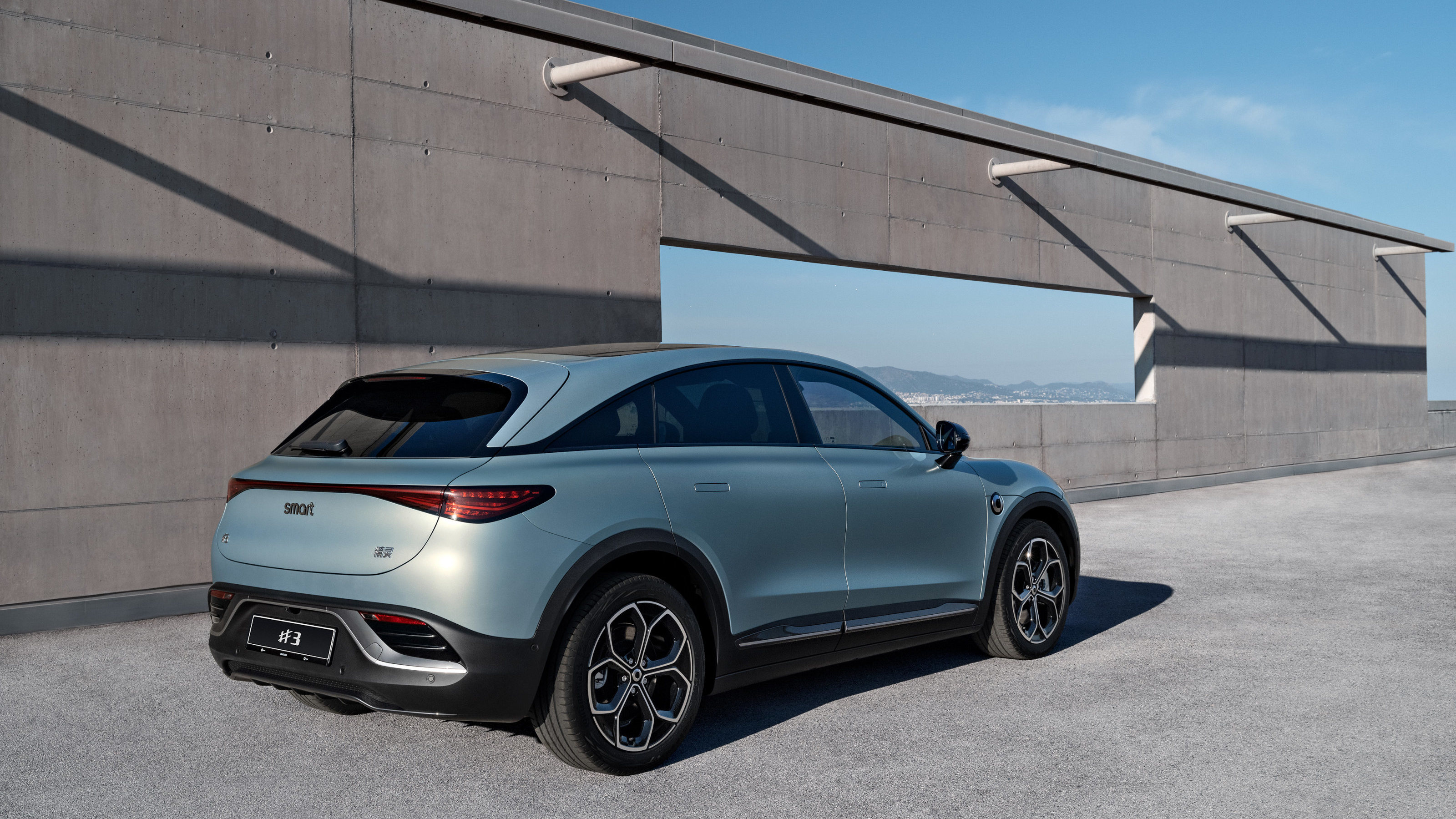 Volvo’s ultra-efficient EX30 compact EV gets its first real competition, the new Smart #3
Volvo’s ultra-efficient EX30 compact EV gets its first real competition, the new Smart #3We experience the highly rated Volvo EX30 and Smart’s most recent foray into pure electric cars, the #3. Which is the best executed small SUV?
-
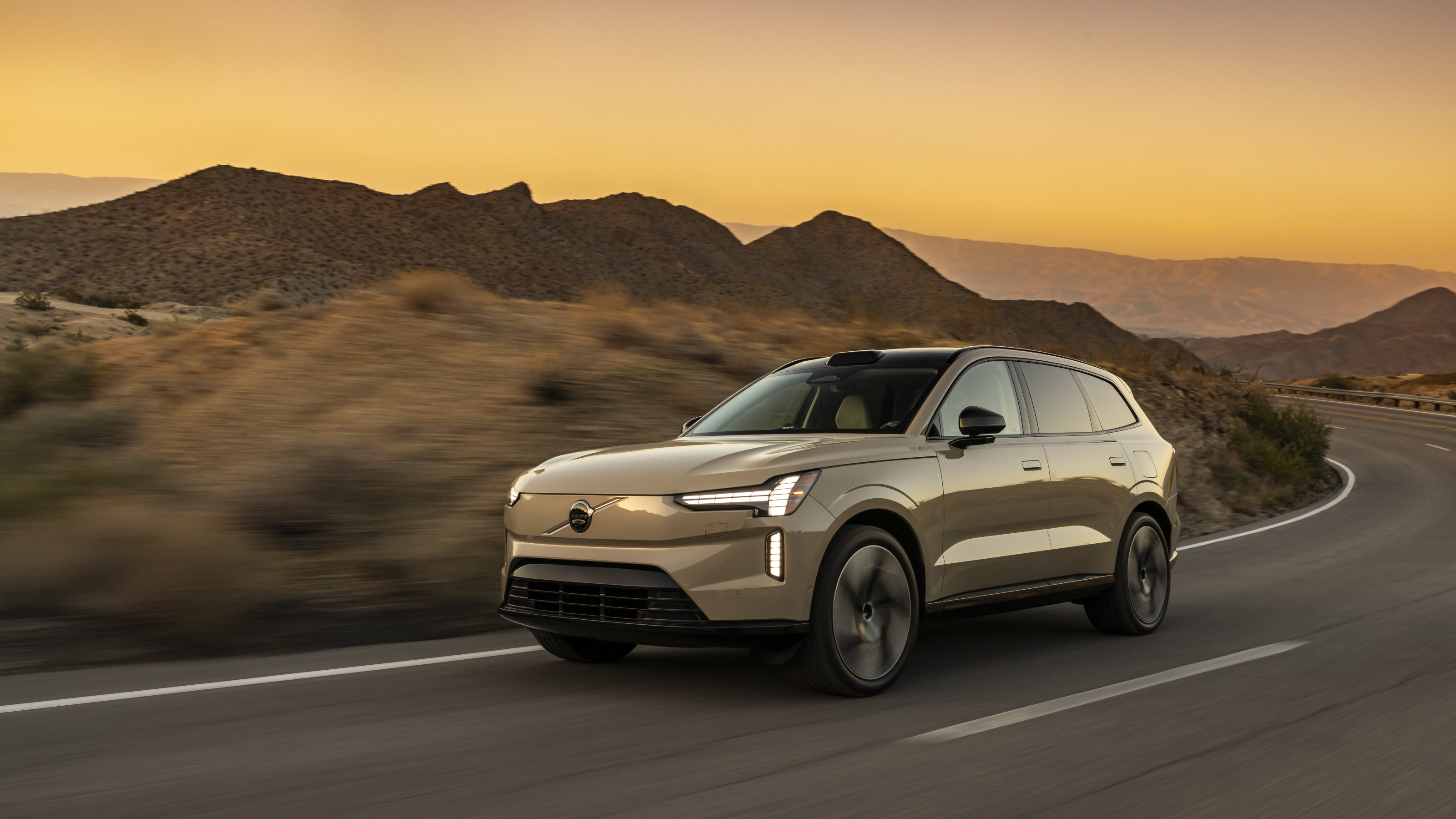 The new Volvo EX90 is the brand’s flagship EV. We take it for a spin in Newport Beach
The new Volvo EX90 is the brand’s flagship EV. We take it for a spin in Newport BeachVolvo might have broken out of the box, but it’s still a byword for solidity, simplicity and subtle charm
-
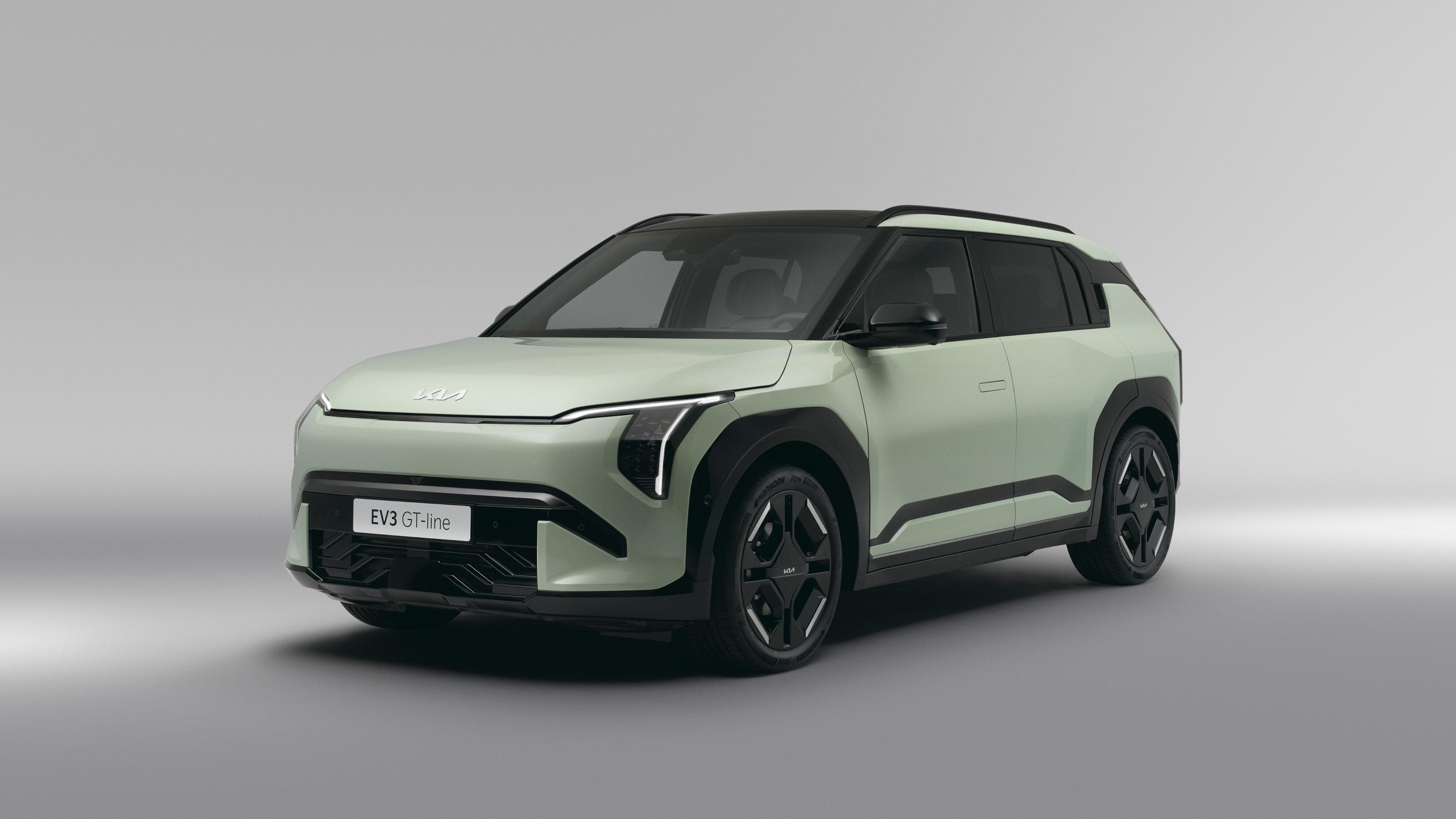 New Kia EV3 shows how the Korean brand’s bold aesthetic approach works at any scale
New Kia EV3 shows how the Korean brand’s bold aesthetic approach works at any scaleThe newly revealed Kia EV3 has all the chunky, geometric appeal of the bigger EV9 in a compact and clever package
-
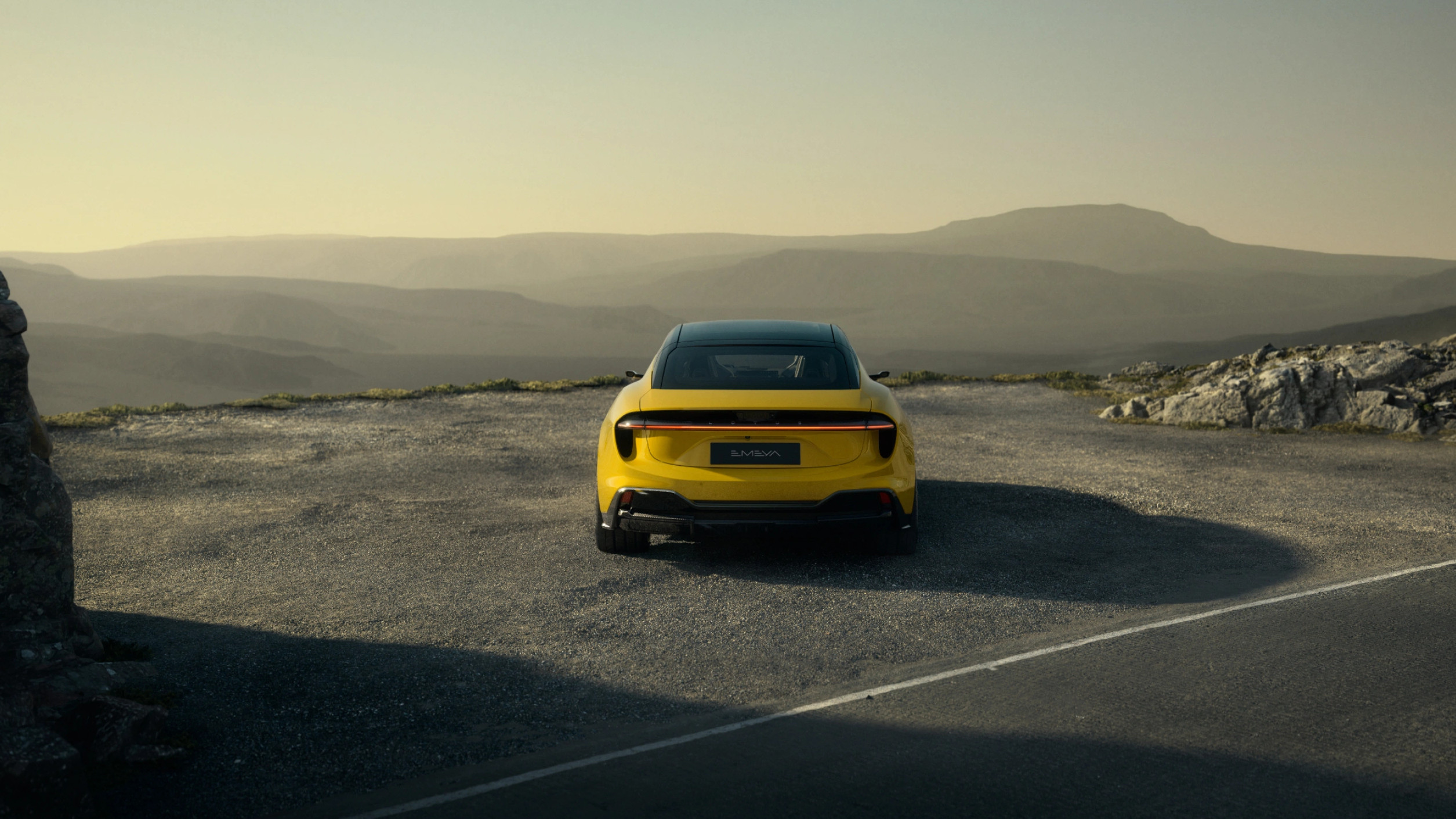 24 transportation design innovations for 2024
24 transportation design innovations for 2024From electric cars to new airports and sports boats, here’s a non-exhaustive list of 24 of the most interesting transportation design innovations to expect in the coming year
-
 Volvo EM90 is the brand’s all-electric first foray into the Multi-Purpose Vehicle
Volvo EM90 is the brand’s all-electric first foray into the Multi-Purpose VehicleSo far only China will get the new Volvo EM90 MPV; we think it has global potential